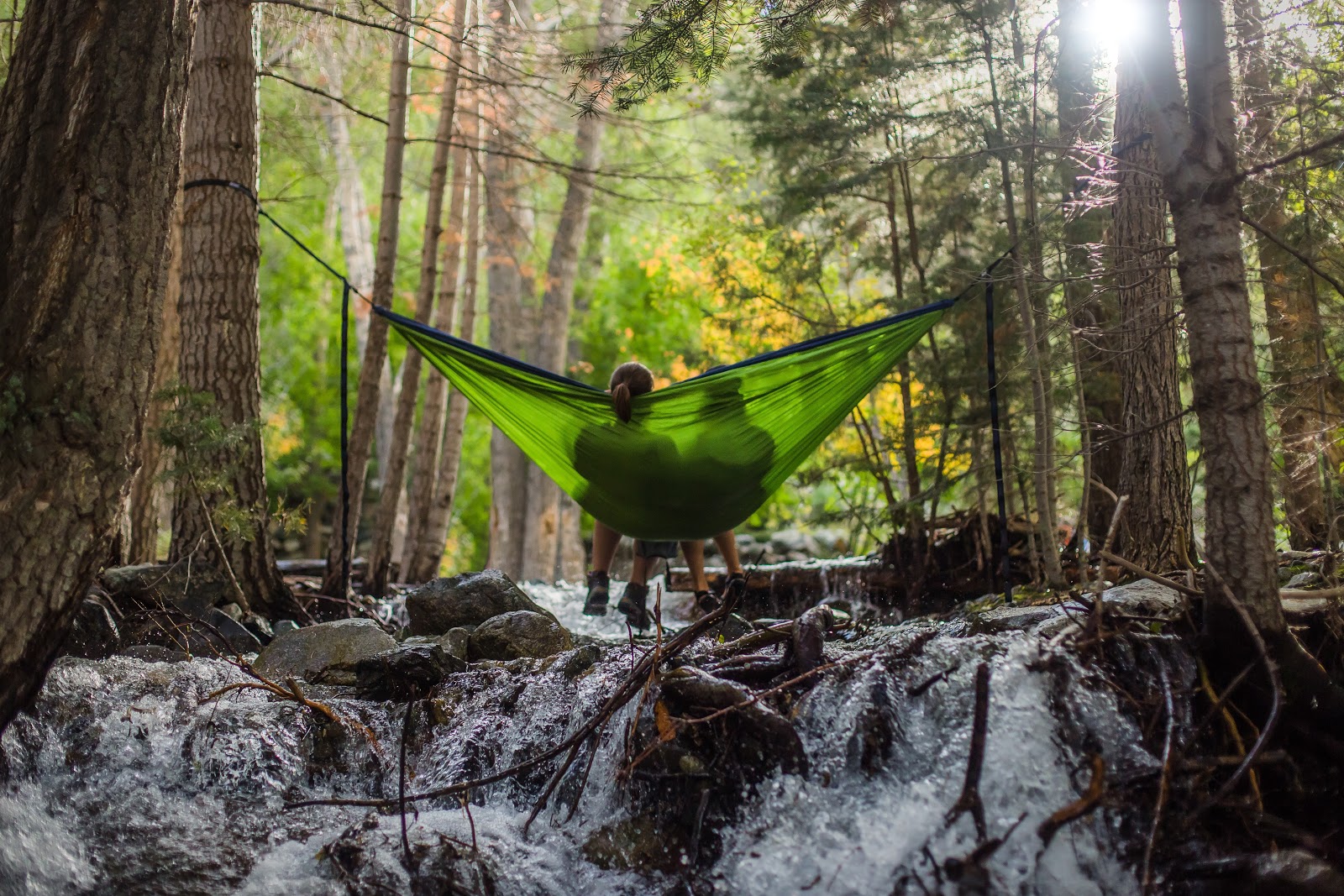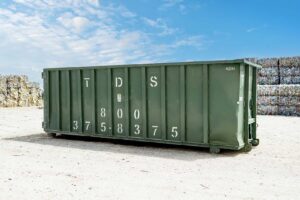When living through a pandemic, the confinement of your own home can leave you deprived of that fresh air the great outdoors can provide – and while coronavirus has left us questioning the safety of all travel, camping is one great summer activity that has proven to be low-risk. With plenty of room to social distance, camping can be the escape that so many of us are looking for. However, taking the necessary health and safety precautions on your camping trip stresses the responsibility to keep the space as clean as possible. Whether it be the disposal of wrappers, toilet paper, or disinfectant wipes, we all should follow the best practices to keep our natural spaces pristine and safe for our fellow campers.
The Environmental Impact of Camping
With about 77 million Americans embarking on camping trips each year, our love for the wilderness can take a toll. From hiking along the Appalachian Trail to a weekend getaway in Big Bend National Park, every area we explore is bound to suffer from some kind of litter or polluted water sources. While most of us don’t intend to harm or disrupt our natural surroundings, we may lack the knowledge to keep nature just the way we found it. After all, to a lot of campers and hikers, it may not seem like a big deal to leave behind a scrap of food or a bit of toilet paper. They’ll eventually decompose, right?
Not exactly. Did you know a cigarette butt can take up to 10 years to break down? Or that an aluminum can starts to break down after 200 years? Even something as seemingly harmless as an apple core takes nearly three months to fully decompose. That’s a long time for your trash to just sit around. That’s why we’ve created this guide to walk you through the best way to handle your waste during a camping trip!
How to Properly Dispose of Waste on Camping Trips
To protect the environment and leave our natural areas seemingly untouched, it’s important that we all take steps to properly dispose of the trash we carry in. Whether you’re planning on pitching a tent on a mountain-top in Montana or spending the weekend on festival grounds in Wisconsin, here are some great tips for leaving a lighter footprint—no matter what kind of hiker or camper you are.
Remove and Dispose of Waste Before You Even Hit The Trails
The best way to minimize the waste you create along the trail starts before you even lace up your hiking boots. Smart planning and preparation as you pack for your trip can help you eliminate as much waste as possible.
Consider removing all wrappers, packaging, and tags from your food and gear. Store all of your food and ingredients in freezer bags or the same containers and dishes you plan to cook and eat from later. You can also use that same freezer bag or container to store your trash and scraps later on.
Try not to pack more than you can actually eat on your trip. You can consolidate items where you can as well (for instance, cut meat and veggies at home and make them into skewers so you won’t have scraps to dispose of onsite). You can even make scrambled eggs ahead of time and freeze them to reheat later, leaving you with no shells to deal with when you’re miles into your hike.
Don’t Forget Food Scraps
No matter how tempting (and convenient) it may seem, you should never leave your food scraps left behind in the wild. Yes, most food scraps are biodegradable, but it takes a long time for them to break down. Even something as innocuous as an orange peel can take half a year to completely decompose. That means it’s around long enough to attract wildlife and disrupt their natural diets.
Instead of tossing your leftover food into the bushes, you should pack out food scraps with the rest of your garbage in odor-proof sealed bags or containers.
If you’re staying overnight, it’s good practice to make sure those sealed bags are out of reach. You can hang a dedicated bear bag before nightfall to make sure bears and other critters stay out of your stuff. Just make sure it’s at least 10 feet off the ground, at least four feet from the trunk of a tree, and a minimum of 100 feet from your campsite. Only when you reach the trailhead can you properly dispose of the trash in a dedicated dumpster.
Don’t Burn Wrappers and Packaging
This one is simple: Never, ever put any plastic, glass or aluminum into a campfire. These things don’t break down or burn down in a fire (and they can take hundreds of years to decompose naturally in the wild). Because these types of items are especially hazardous for future campers, hikers and wildlife, it’s best to eliminate bringing this kind of stuff with you altogether.
Unwrap things like granola bars and freeze-dried food ahead of time, putting them in reusable freezer bags and containers. If you do end up having plastic wrappers leftover, put them in sealable bags to pack out just as you did with your food scraps.
When it comes to supplies like disinfectant wipes and disposable masks, make sure you include those used items in your sealable bag along with other trash. One misconception surrounding disinfectant wipes is that they’re biodegradable- which is usually not the case. Most wipes contain plastic fibers (of course, in addition to harsh chemicals) that prevent it from decomposing in a natural environment. An easy alternative to bringing wipes on your camping trip would be to bring a disinfectant spray and a designated rag for cleaning.
Never Leave Behind Toilet Paper
At some point on your outdoor adventure, you’ll have to do your business in the woods. Unless you’re staying in a developed campground, you’re going to have to introduce a few extra steps to your “routine” (ahem, grab a trowel and start digging).
But what do you do with the leftover toilet paper? That’s where it gets a little more complicated. You could thoroughly bury used paper in a cat hole (experts suggest digging one that’s six-to-eight inches deep). Packing out the toilet paper in your resealable plastic bag with the rest of your scraps and waste is an option, too. Whatever you do, just make sure you don’t leave it behind. Even toilet paper takes up to three years to decompose. And that’s something you don’t want to find on your next hike.
Your Trash Belongs in a Dedicated Recycling Bin or Dumpster—Not the Trail
When your trip is over and you finally return to civilization, Texas Disposal Systems’ Waste Wizard can help you navigate what to do with all the waste you packed out. The environment wildlife (and all your fellow campers) will thank you.




